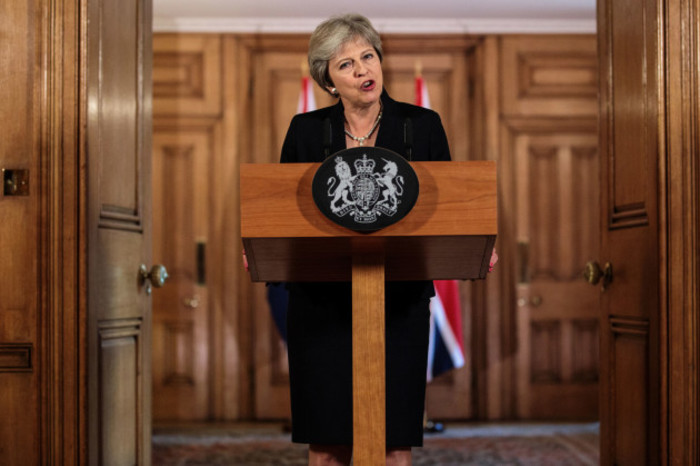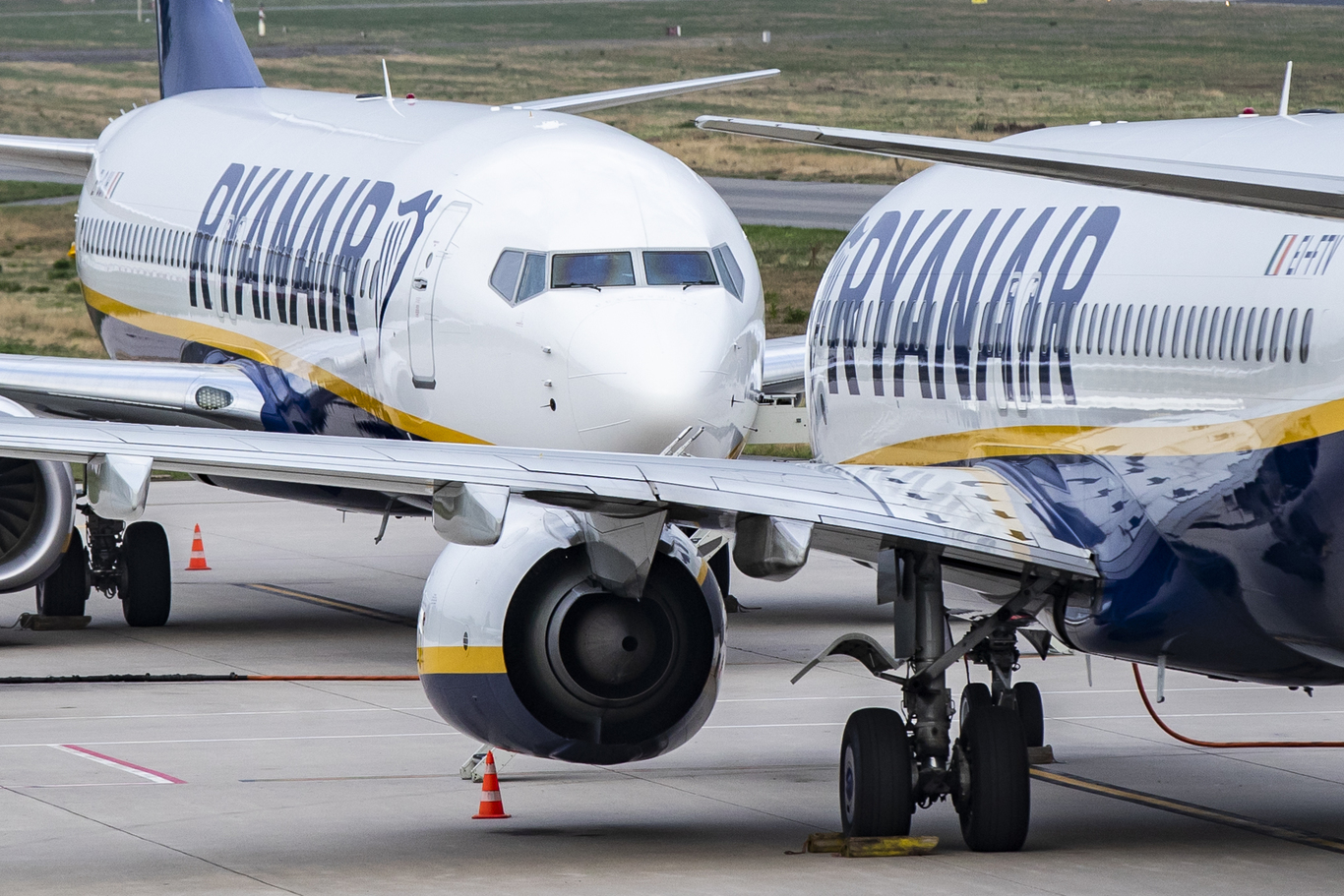A no-deal Brexit could spell 'severe' short-term pain for airlines like Ryanair
But the Dublin-based carrier would likely fair better than its older rivals in the long run.
RYANAIR IS AMONG the European airlines most exposed to the immediate fallout of a no-deal Brexit – but could fair better than some of its older rivals.
Research by financial services firm Moody’s suggests that if the UK crashes out of the EU in March 2019 without an agreement in place, the aviation industry is likely to experience “severe” financial pain in the short-term.
A no-deal Brexit could result in the loss of flight rights between the UK and EU. Unlike other industries, aviation doesn’t have legislation such as World Trade Organisation rules to fall back on.
Under the EU’s ‘Open Skies’ agreement, airlines operate within a single aviation market covering regulations relating to safety and other requirements.
However if the UK leaves the bloc on its scheduled exit date without an agreement in place, it will be forced to renegotiate deals both with EU countries and those outside the bloc that currently have bilateral arrangements in place.
 UK prime minister Theresa May
UK prime minister Theresa May
If such a scenario occurs next year – where flights to and from the UK are grounded for a period – the “financial implications could be severe in the short-term”, Moody’s has warned.
With European skies already fiercely competitive, such a scenario would make it more difficult for an airline to control costs, increase yields and deliver high load factors – the average number of seats filled on flights.
Long-term effects
However, Moody’s said the long-term effects of a no-deal Brexit are likely to be more modest “because more time should allow comprehensive agreements to be reached and the airlines to adjust their operations”.
It said that British Airways – owned by Aer Lingus parent IAG – Ryanair and EasyJet are among the airlines most exposed to a no-deal Brexit, but their strong liquidity should help them to better bear the brunt short-term, even if flights are disrupted for an extended period.
It added that air carriers that have greater scale, more diverse route networks and contingency plans already in place will be less exposed in the long run.
Unlike many legacy airlines, Europe’s low-cost carriers have historically been better at sustaining – and even growing – passenger numbers through shock events.
“Wizz Air, EasyJet and especially Ryanair have been ruthless in cutting unprofitable routes within a matter of weeks,” the Moody’s report said.
As previously explained by Fora, Ryanair chief executive Michael O’Leary has been loudly lobbying EU and UK negotiators to prioritise flight rights between the two trade blocs after Brexit.
Earlier this week, the Irish Aviation Authority’s chair-designate, Michael McGrail, told an Oireachtas transport and tourism committee that flights between Ireland and the UK would come to standstill in March of next year if a Brexit agreement isn’t reached.







